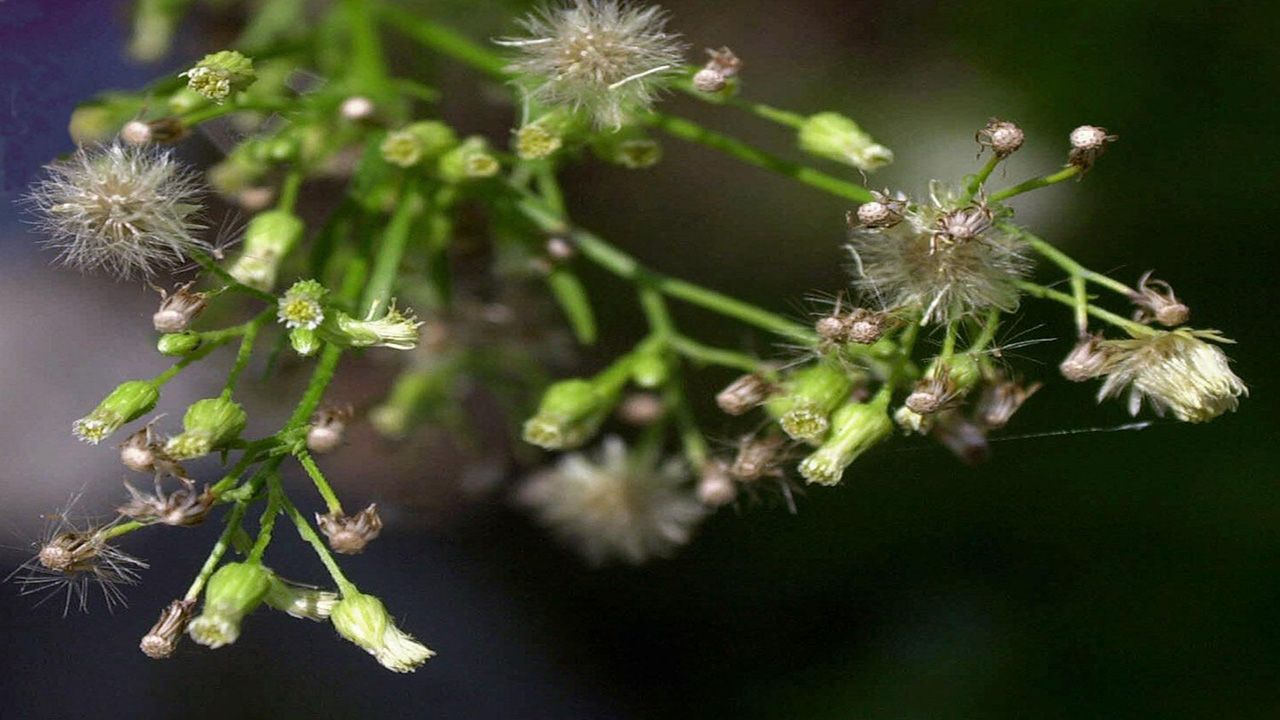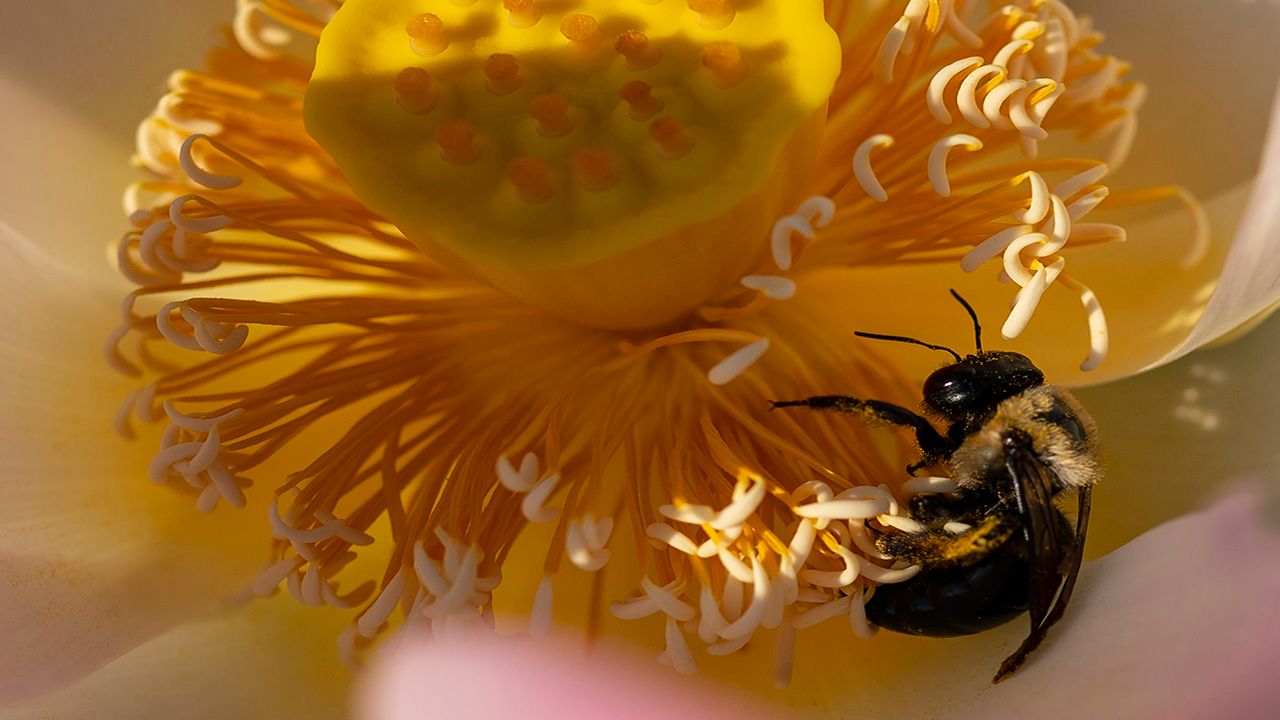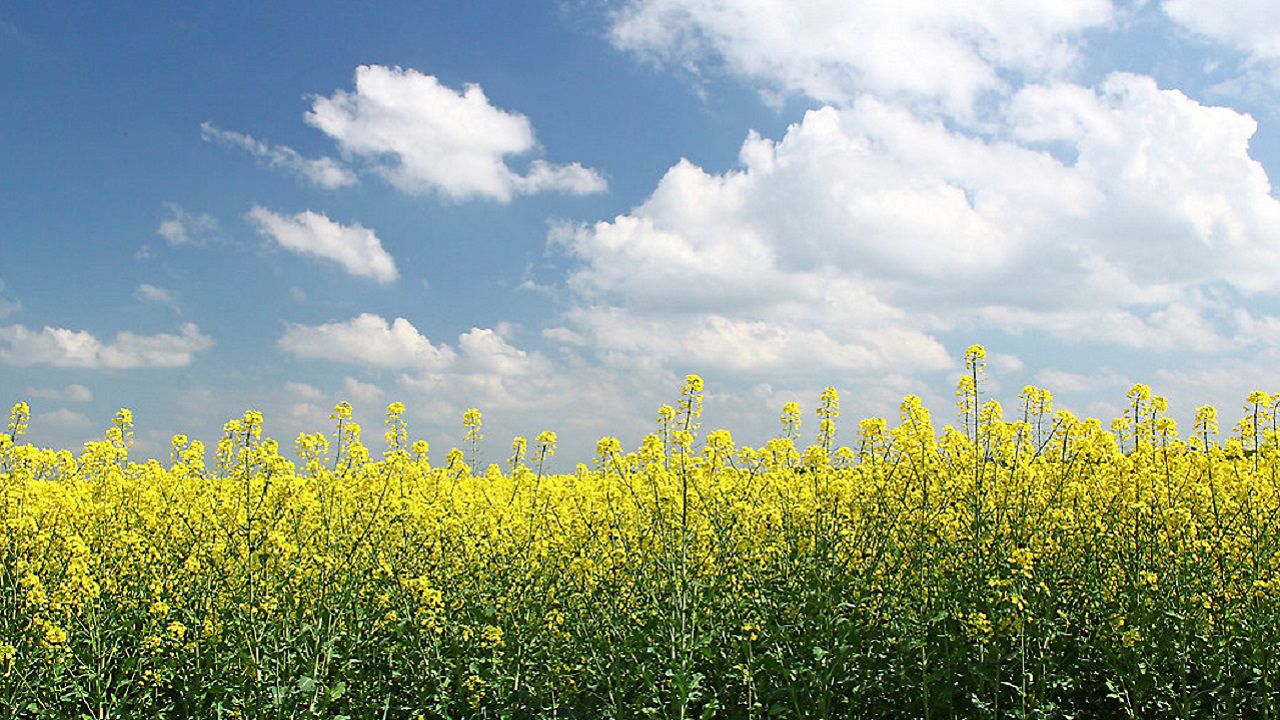Most people think allergies only happen in the spring and early summer when pollen is at its highest in the air.
But, allergies can happen all year round, especially on sunny and windy days when pollen can float easily through the air.
Let's take a look at some of the most common causes of allergies for the end of summer.

Ragweed is one of the main causes of allergies in the late summer months, and it typically starts growing mid-August and lasts into the fall.
The pollen is so lightweight and small that it can travel great distances. These plants also thrive in warm, humid and breezy weather conditions.
It is best to avoid going outside right after dawn as this is when they spread their pollen the most.
Mold can thrive both indoor and outdoor. It loves hot and humid weather, so August is a great time for it to grow.
Mold spores spread easily by wind outdoors and air flow indoors. If you're going to run the air conditioner, make sure to use a dehumidifier if your home is prone to becoming humid in the late summer months, and always clean the house regularly to prevent the buildup of mold.
Mold likes to grow in damp leaves and grasses, so rake up any dead leaves and plants in the yard. Also, keep compost away from the house.
Always wear a mask and gloves when cleaning up the yard. Agitating any dead plants in the yard can kick mold spores into the air.

With plants in full bloom and pollen everywhere, stinging insects are out in full force.
If you have allergies to stinging insects, take extra precautions.
When outside, stray away from wearing perfumes, cooking and drinking sweet drinks as this can attract them. Also, try and avoid wearing loose-fitting garments to avoid getting these insects trapped inside your clothes.
If you do encounter them, remain calm, and try to slowly walk away.
Allergies symptoms can include:
- Sneezing
- Itchy and runny or blocked nose
- Coughing or wheezing
- Chest tightness
- Raised, red rashes
- Swollen tongue, lips, eyes, or face
These symptoms can be quite irritating and bothersome.
To help, try and keep windows in your home and car closed as much as possible, run your air conditioner with a clean filter to help clear the air more and stay indoors on sunny and windy days as these are the best conditions for the spread of allergens.
Also, avoid touching your face after gardening, and make sure to shower after being outdoors.
If your symptoms are too troublesome, antihistamines in the form of pills, nasal sprays, or eye drops can provide great relief.
Our team of meteorologists dives deep into the science of weather and breaks down timely weather data and information. To view more weather and climate stories, check out our weather blogs section.



